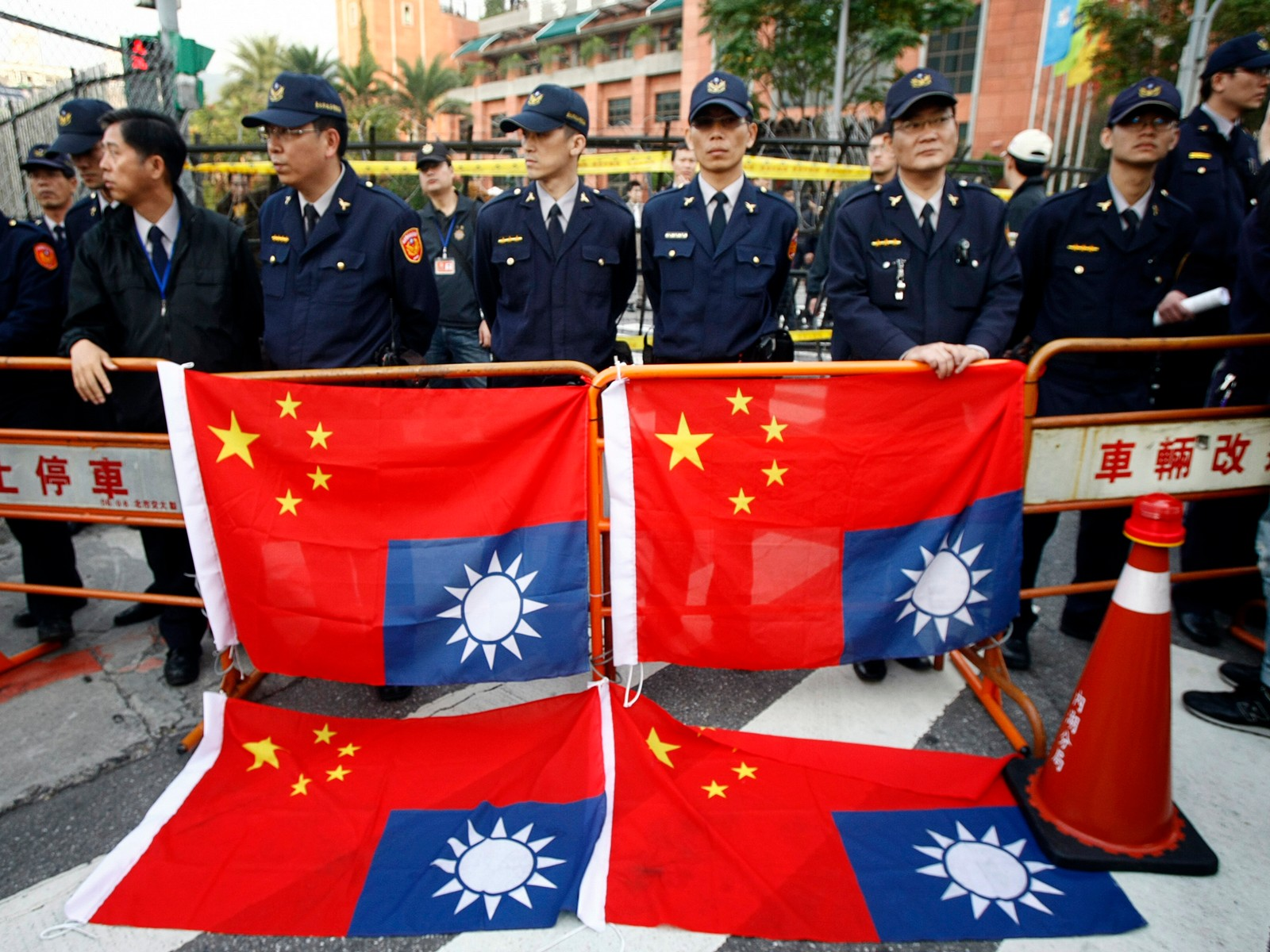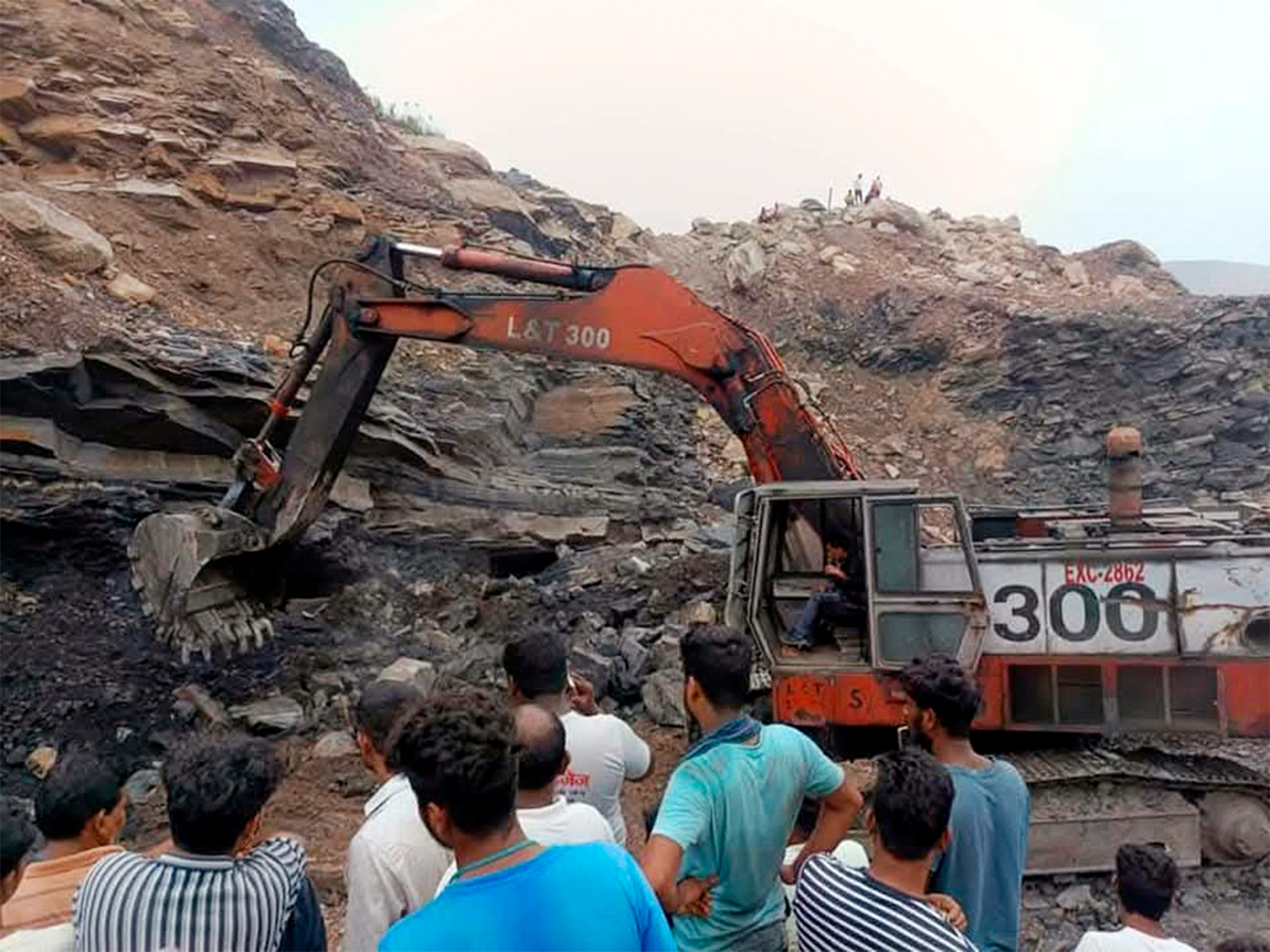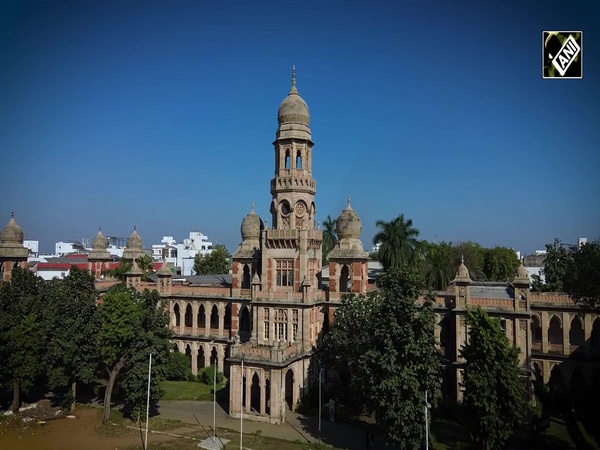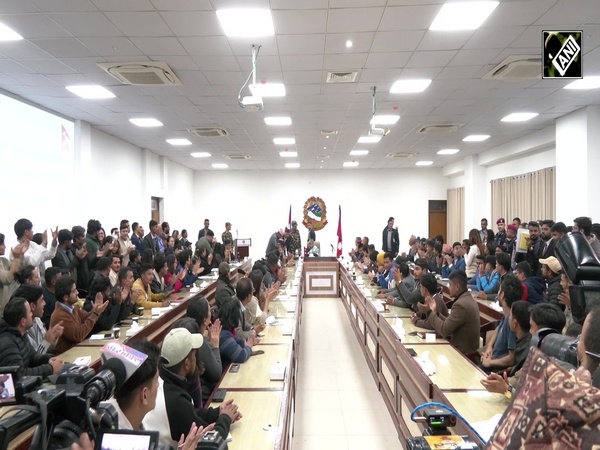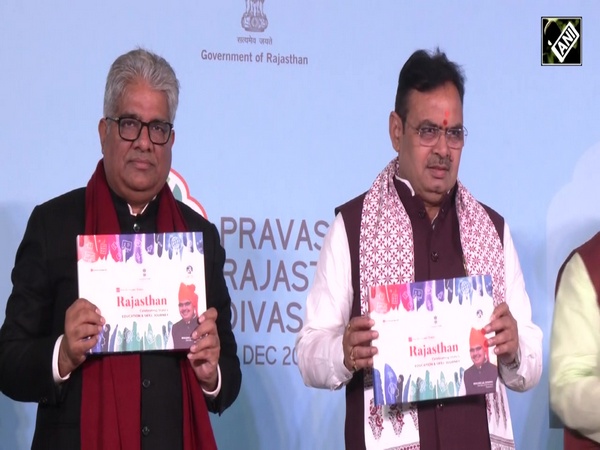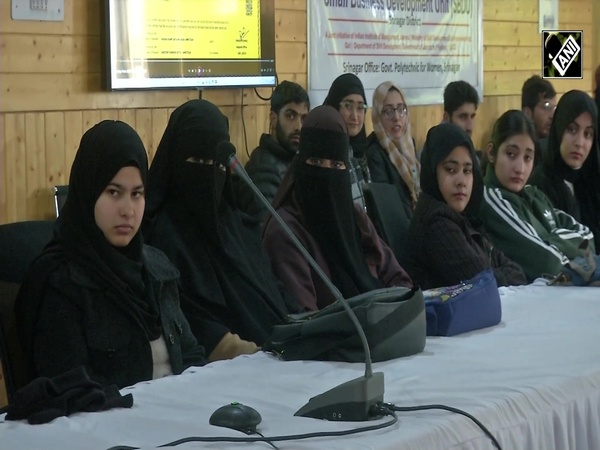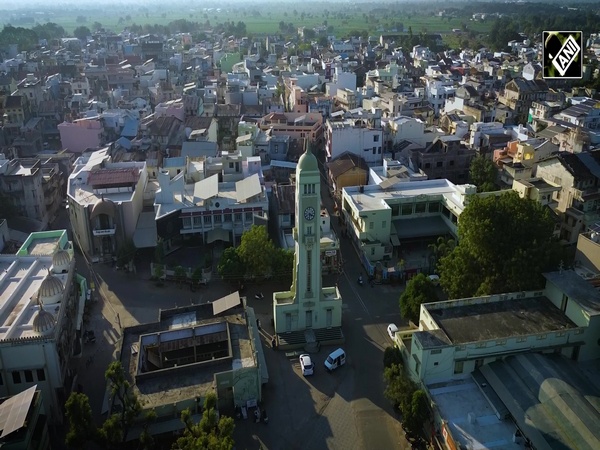Central Tibetan Administration to draft Tibet's map amid China's practice of changing territory names
Jul 21, 2024

Dharamshala (Himachal Pradesh) [India], July 21 : The Central Tibetan Administration of the Tibetan government in exile, based in Dharamshala, is planning to draw up a map to counter China's tactics of changing the names of places and territories.
The Chinese have been renaming major places in Tibet with a clear strategy to gradually erode their identity. With new names being used the Chinese side believes the people will forget the old Tibet.
The Tibetan government in exile, however, has found a solution to this strategy of China. The Central Tibetan Administration of Tibetan government in-exile is planning to draw up a map of Tibet with the Tibetan names based on historical records to counter China's aggression.
President of the Central Tibetan Administration of the Tibetan government-in-exile, Penpa Tsering Sikyong, said, "We are preparing to draw up a map with the Tibetan names and it is yet to begin, it's still in the drawing room. It will take may be six months to one year to develop this."
Tibetan activists have also appreciated this strategy. President of the Tibetan Youth Congress, Gompo Dhondup, highlighted that for many years, the Chinese government tried to fool the global community with their propaganda. 
"For many years, the Chinese government has tried to misinterpret history, they try to fool the global community with their propaganda but this is a high time for us to counter the Chinese propaganda and to fight for truth and justice. For those reasons, the Central Tibetan Administration is planning to come up with a new map to counter the Chinese baseless claim and their aggressive tactics in renaming different places and territories in all the Himalayan borders so I appreciate this move and hopefully that will be a very strong message to counter the Chinese aggression in all the Himalayan regions," Dhondup said. 
Tibet's cartographic history begins with Tibet's map, published by Western countries in the 17th and 18th centuries based on information obtained from Jesuit missionaries and traveller's accounts.
The mapping of Tibet according first published by the British and the Chinese, until the Shimla Convention of 1914, during which the Gaden Phodrang government, for the first time, made an effort to participate in the demarcation of Tibetan territories.
However, after the establishment of the Tibetan exile administration, various institutions and individuals made numerous attempts to standardise the Tibetan map. Names of places and geographical feature names are an important part of the Tibetan cultural environment.
The recent passing of the Resolve Tibet Act by the US Congress has also ignited hope for the Tibetan freedom movement. The Tibetans say that China cannot just change history and erase a civilization.
